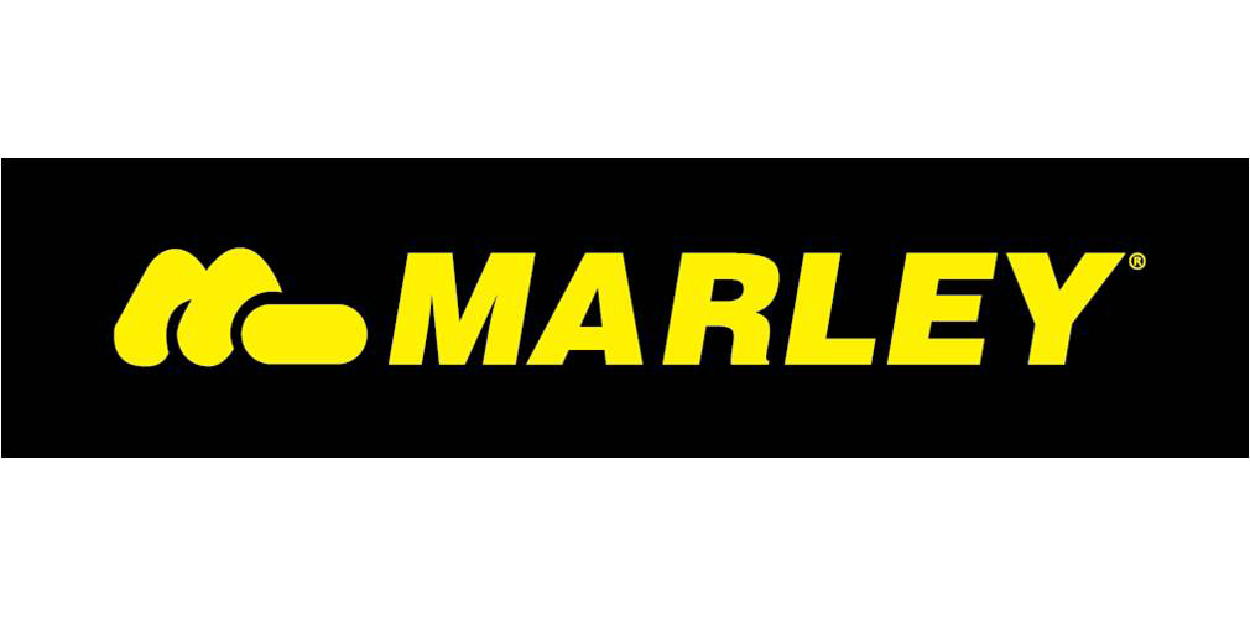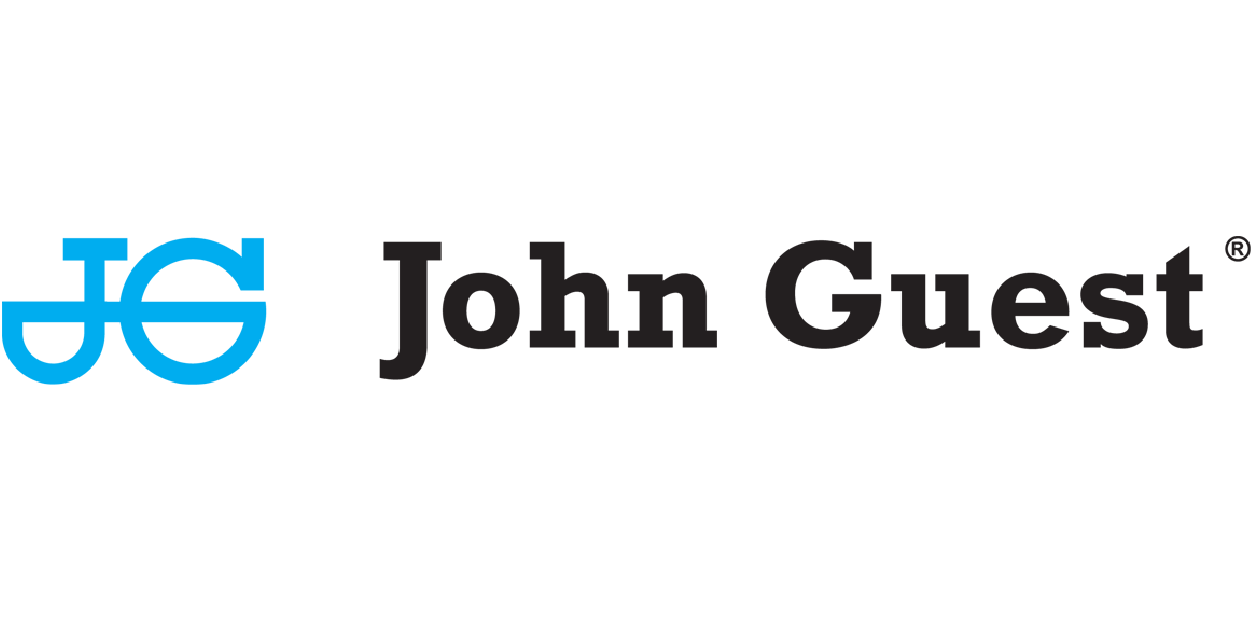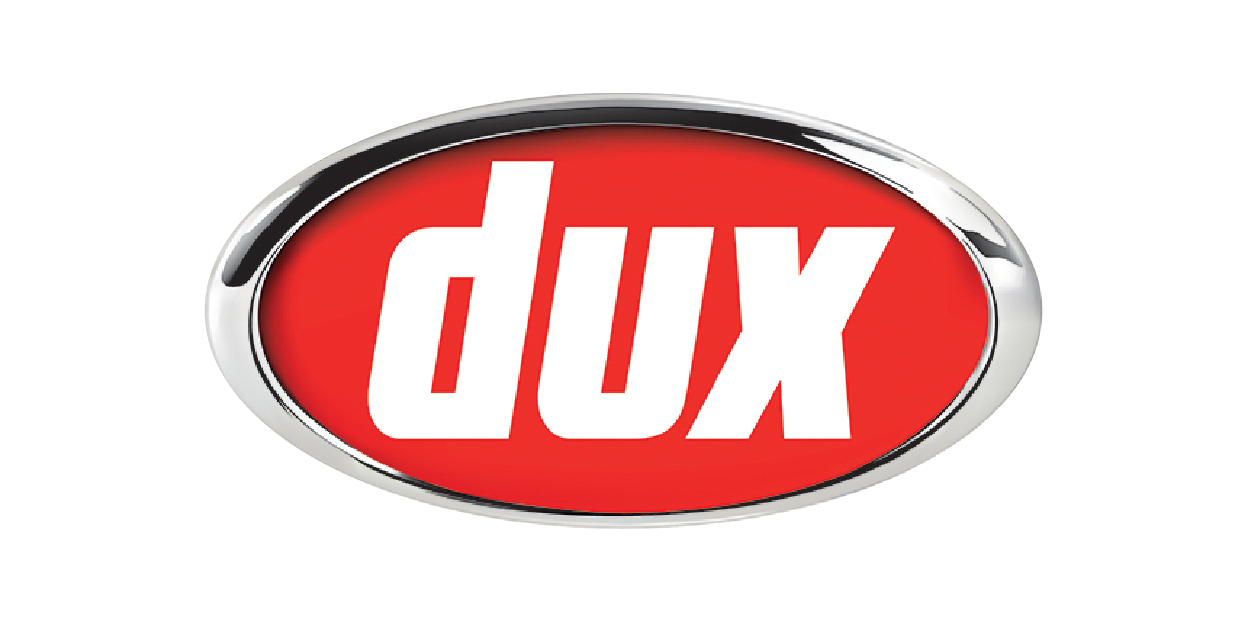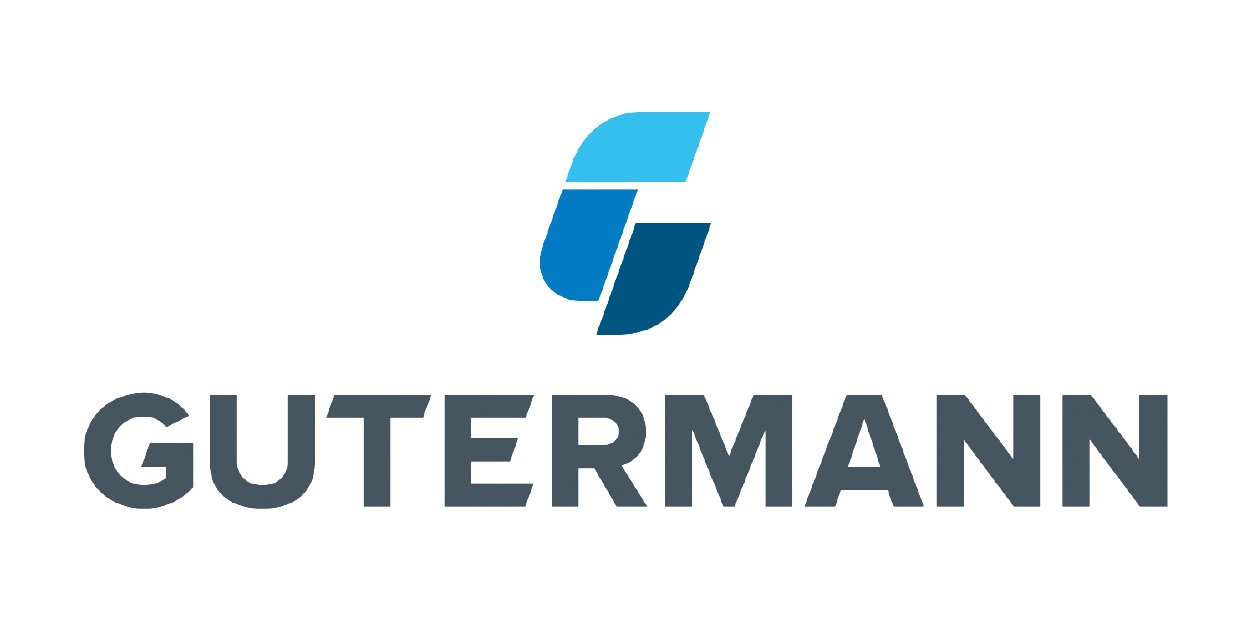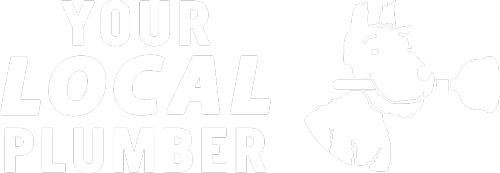Leak detection plays a critical role in preserving the functionality and safety of various systems ranging from plumbing to gas lines. It involves identifying potential issues before they escalate, thereby preventing damage, ensuring system efficiency, and enhancing safety measures. This introductory guide provides a foundational understanding of leak detection’s significance and applications.
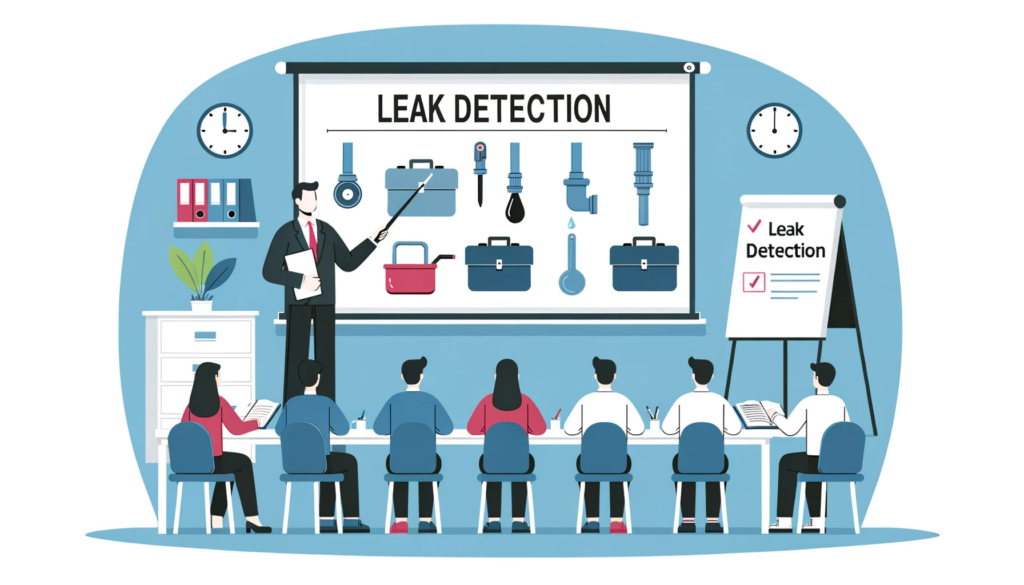
Call Today 09 973 4973 or
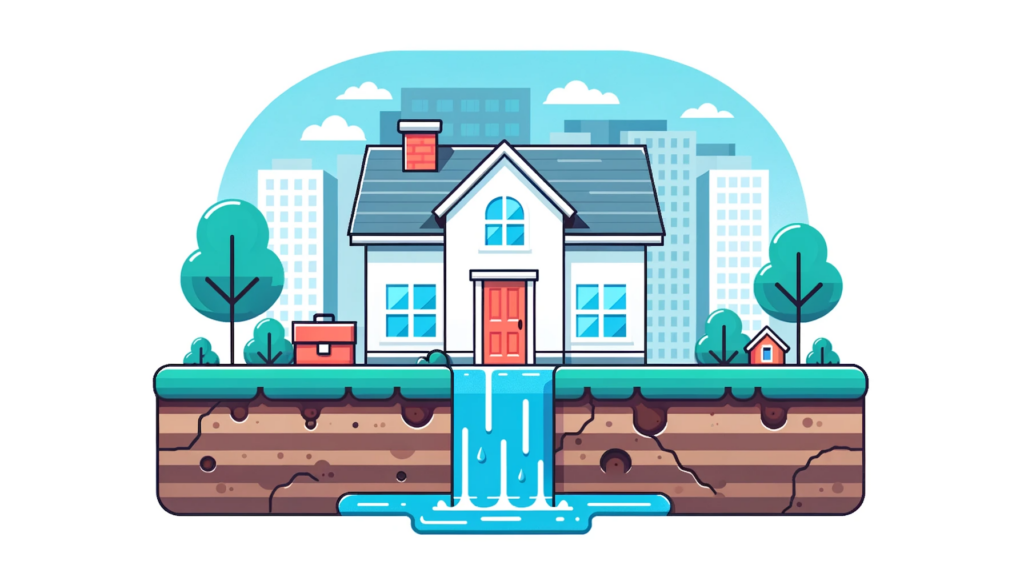
Understanding the Importance of Leak Detection
Leak detection is essential for maintaining the integrity of plumbing, gas, and sewer systems. It helps in preventing property damage, reducing water waste, and ensuring the safety of occupants. Timely detection and repair of leaks can also save homeowners and businesses money by avoiding costly repairs and high utility bills.

How Leak Detection Works
Leak detection involves identifying and locating leaks in various systems using specialised tools and techniques. Professionals use a combination of acoustic, infrared, and tracer gas methods to pinpoint the exact location of a leak. Each technique has its unique advantages and is used based on the specific requirements of a given situation.
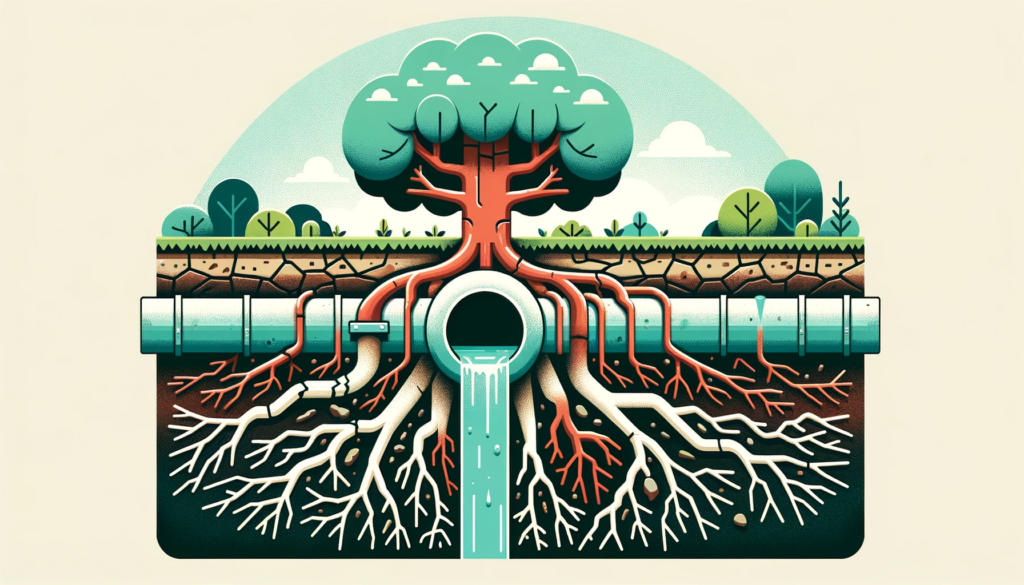
Common Causes of Leaks in Plumbing Systems
Leaks in plumbing systems can be caused by a variety of factors, including corrosion, physical damage, high water pressure, and poor installation. Ageing pipes, temperature fluctuations, and ground movement can also contribute to the development of leaks. Regular inspection and maintenance can help identify potential issues early on, preventing more significant problems in the future.

The Science Behind Leak Detection Technologies
Leak detection technologies rely on the principles of acoustics, thermography, and gas tracing. Acoustic methods detect the sound waves generated by leaks, while infrared thermography identifies temperature differences caused by escaping fluids or gases. Tracer gas methods involve introducing a detectable gas into the system and monitoring its escape to locate leaks. Each technology has its strengths and limitations, making it essential to choose the right one for a specific application.
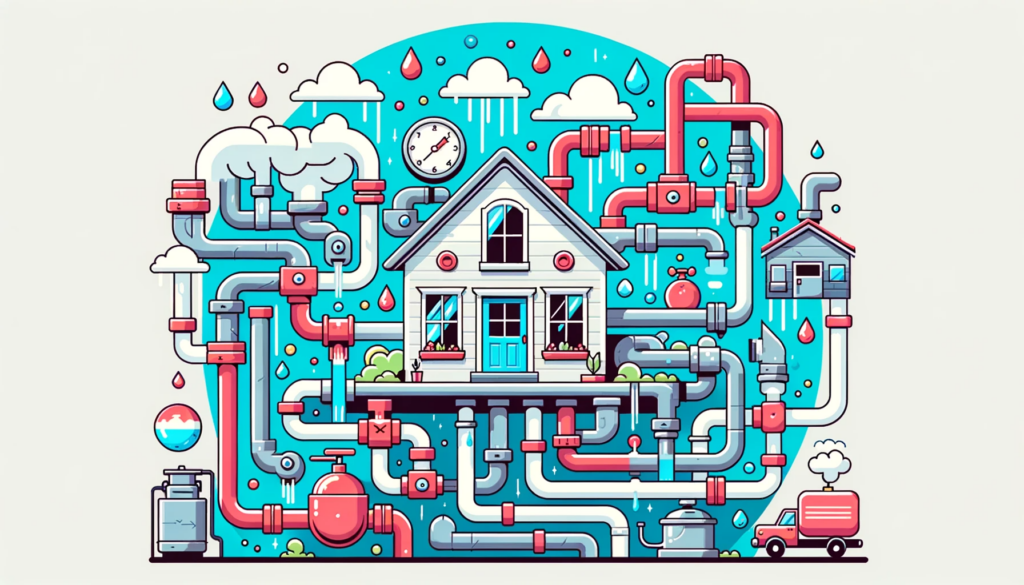
Types of Leaks: Plumbing, Gas, and Sewer
Leaks can occur in various systems, including plumbing, gas, and sewer lines. Plumbing leaks involve water pipes and fixtures, while gas leaks pertain to natural gas, propane, or other gas systems. Sewer leaks involve wastewater and sewage lines, which can pose significant health risks if left unaddressed. Identifying the type of leak is critical for determining the appropriate detection and repair methods.
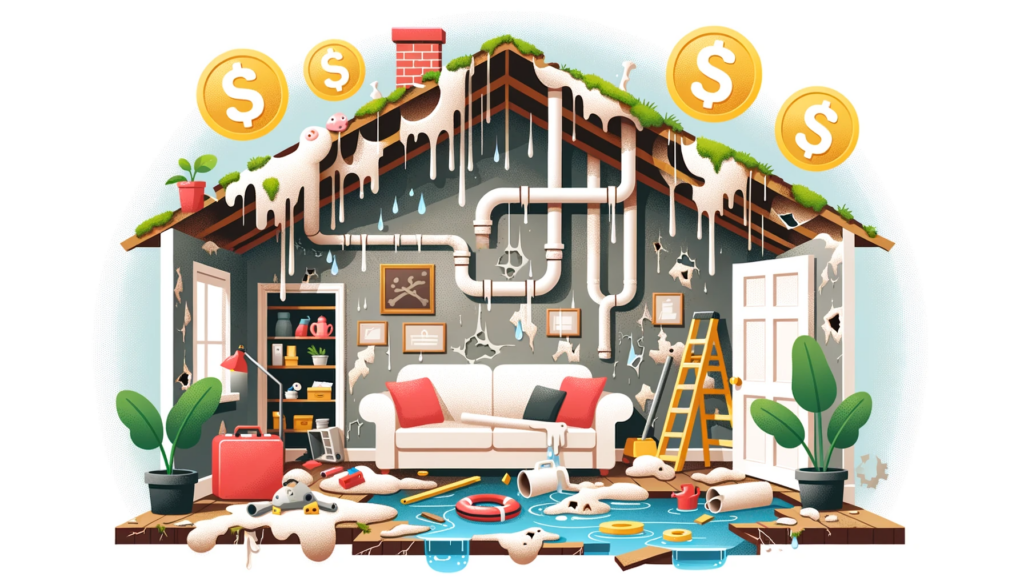
The Cost of Undetected Leaks
Undetected leaks can lead to property damage, high utility bills, and health hazards. Water leaks can cause structural damage, mould growth, and wasted water resources. Gas leaks pose the risk of explosions, fires, and exposure to toxic gases. Sewer leaks can result in contamination of soil and water sources. Timely leak detection and repair can save property owners significant costs in the long run.
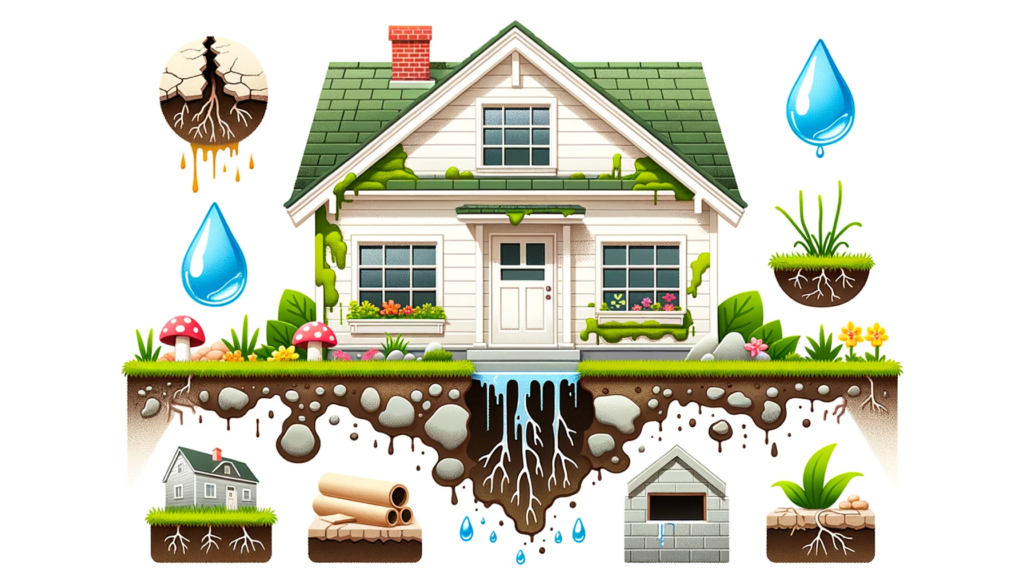
Signs That You May Have a Leak
Common signs of a leak include increased water bills, damp spots, mould growth, and foul odours. You might also notice a decrease in water pressure or the sound of running water when no fixtures are in use. If you suspect a leak, it’s essential to contact a professional leak detection expert to assess the situation and determine the best course of action.
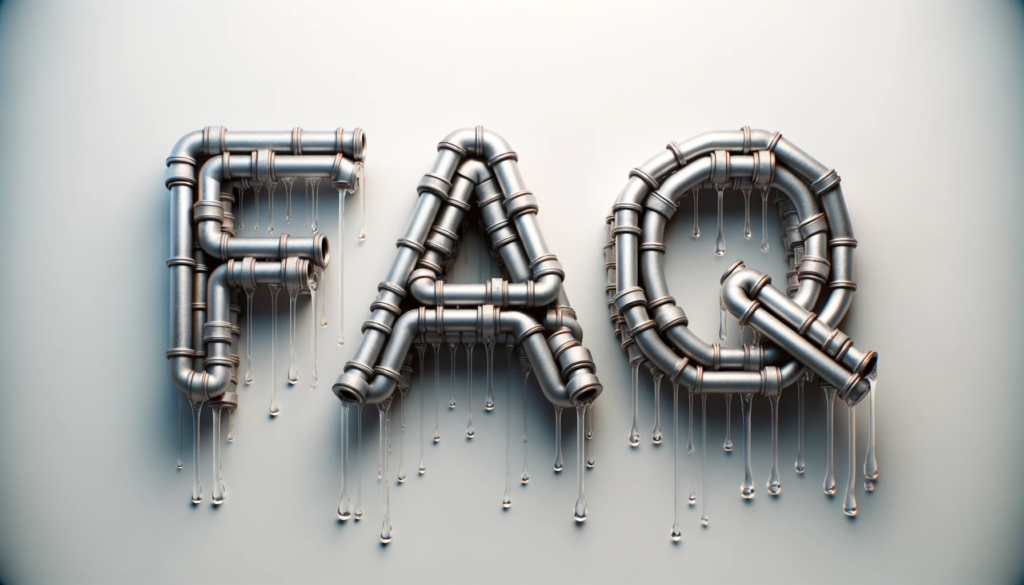
Leak Detection FAQs
Frequently asked questions about leak detection cover topics such as the cost of leak detection services, how long the process takes, and what to expect during an inspection. It’s important for property owners to understand the basics of leak detection and familiarise themselves with the process to make informed decisions when choosing a leak detection expert.
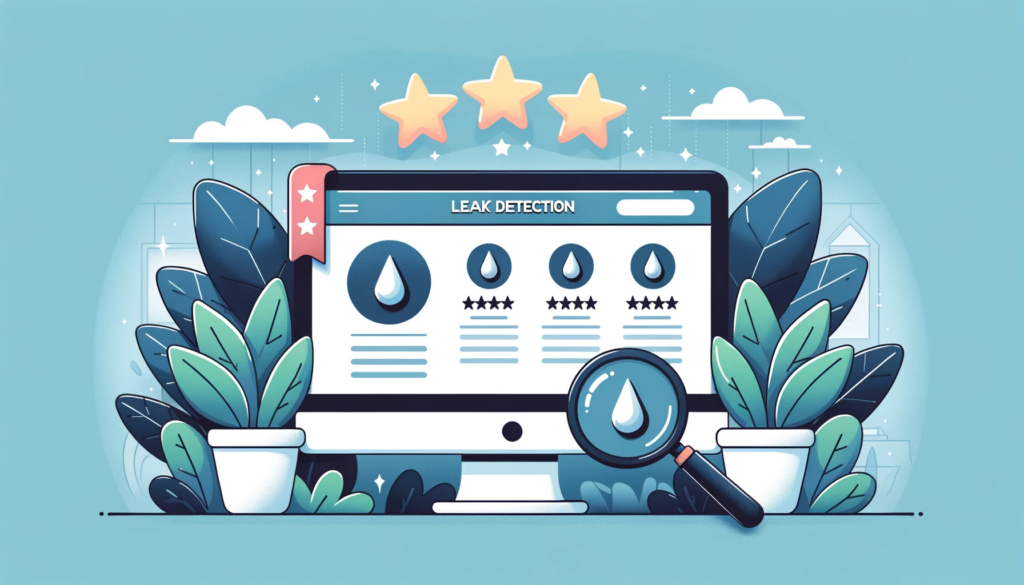
How to Choose a Leak Detection Expert
Selecting the right leak detection expert involves considering factors like experience, qualifications, technology used, and customer reviews. Ensure that the professional you choose is licensed, insured, and certified in the latest leak detection techniques. Comparing quotes from multiple providers can help you find the best service at a competitive price. Don’t hesitate to ask questions about their approach, equipment, and success rate to make an informed decision.
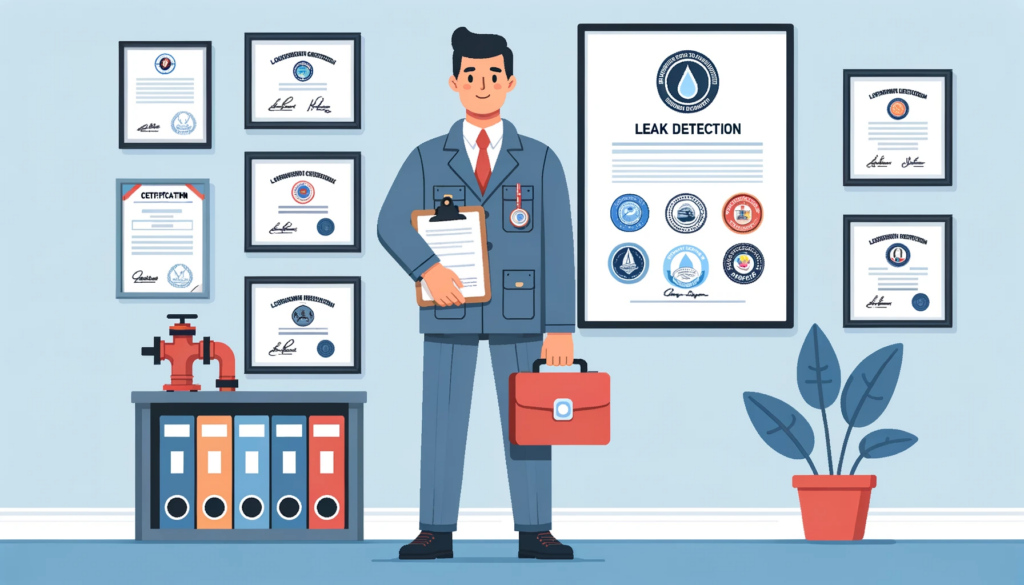
Leak Detection Industry Standards and Certifications
Adherence to industry standards and certifications is essential for ensuring high-quality leak detection services. Some of the prominent organisations that set these standards include the International Organization for Standardization (ISO) and the local industry associations in New Zealand. Certifications demonstrate that a leak detection professional is knowledgeable and skilled in using the latest tools and techniques. When selecting a provider, verify that they follow established industry standards and hold relevant certifications.
Understanding the importance of leak detection, the different types of leaks, and the various technologies and techniques used in the process is crucial for property owners. It helps them make informed decisions when it comes to selecting the right leak detection expert and ensuring the safety and integrity of their plumbing, gas, and sewer systems. By being aware of the potential signs of a leak, the costs associated with undetected leaks, and the industry standards and certifications, property owners can effectively address any leak-related issues and minimise the impact on their property, health, and the environment.
Suppliers
